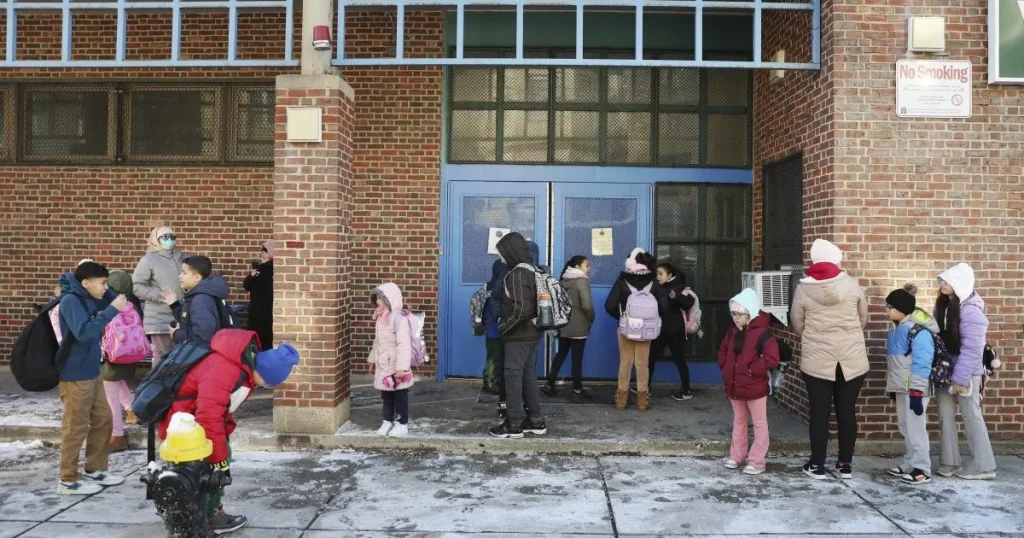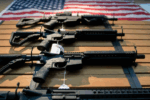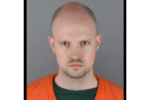As President Donald Trump’s administration tightens its grip on immigration policy, the state of Kansas finds itself at a moral crossroads. On January 20, 2025, President Trump signed an executive order that removed protections for sensitive areas like schools, hospitals, and places of worship. This decision mandates that U.S. Immigration and Customs Enforcement (ICE) agents can now arrest undocumented individuals in these institutions, a move that has sparked outrage and deep concerns across the country.
For many, these institutions—schools, hospitals, and churches—have long been considered safe spaces, offering education, medical care, and spiritual guidance without fear of immigration enforcement. But the new directive puts these community pillars in an incredibly difficult position. In Kansas, the focus now shifts to how leaders in these institutions will navigate this issue, particularly in light of the moral and ethical challenges that accompany it.
The Directive’s Impact
The decision to remove protections for places like hospitals, schools, and churches has put community leaders in a tough spot. These institutions often serve vulnerable populations, including immigrant families who may now live in constant fear of being separated. The president’s directive, which allows ICE agents to carry out arrests in these sensitive locations, has left leaders—whether they are doctors, teachers, clergy, or school administrators—facing a critical decision: Will they abide by the new policy or resist?
For religious leaders, the question becomes one of faith and moral duty. As they stand before their congregations, they may find themselves asking whether they will witness the arrest of a parishioner who has sought refuge within their church walls. For educators, the dilemma extends into classrooms where children might be affected, wondering if their schools will become a place where their peers are detained.
Similarly, hospitals, where people come to heal, are now facing the possibility of being turned into places of fear and uncertainty. Healthcare professionals, whose role it is to care for all individuals, are left grappling with the ethical implications of whether to assist or turn over patients at risk of deportation.
The Moral Responsibility of Community Leaders
At the core of this issue lies a moral question: What is the responsibility of community leaders when the government enacts policies that they believe to be unjust? In schools, churches, and hospitals, leaders have taken oaths and made promises to serve and protect the people under their care. They are sworn to protect lives, bodies, minds, and souls—yet now, they must decide whether they will fulfill these obligations at the risk of breaking the law.
For some, civil disobedience—a form of peaceful protest where individuals refuse to comply with what they view as unjust laws—may be seen as the only way forward. Henry David Thoreau, a key advocate of civil disobedience, once wrote, “Most legislators, politicians, lawyers, ministers, and office-holders serve the state chiefly with their heads… A very few—heroes, patriots, martyrs—serve the state with their consciences also, and so necessarily resist it for the most part.” In essence, Thoreau reminds us that true moral courage sometimes requires us to stand up against the state, even if doing so comes at a personal cost.
In Kansas, religious leaders, healthcare workers, and educators may find themselves on the front lines of a new form of resistance. As the reality of the executive order sets in, many will need to decide whether they will risk their own safety and freedom to protect the vulnerable members of their communities.
A Clash of Values: Morality vs. Legal Authority
In the face of an increasingly harsh immigration crackdown, questions of morality come to the forefront. For many of these leaders, their decision will not be one taken lightly. Will they allow ICE agents to arrest individuals within their schools, churches, or hospitals, or will they take a stand and defy the law?
The answer may not be clear-cut. Some will likely feel compelled to comply with the law, believing that it is their duty to uphold governmental authority. Others will see this as a violation of the basic principles of compassion and humanity. Ultimately, these individuals must ask themselves: To whom do I owe my duty? To the laws of the state or to the communities I serve?
The risks of noncompliance could be severe. From losing their jobs to facing potential legal action, the personal costs of standing up to ICE could be high. Yet for many, the moral imperative to protect the most vulnerable—children, immigrants, those seeking care—will outweigh the potential consequences.
Preparing for the Worst
As the clock ticks down to the day when ICE raids may become a reality in these sensitive spaces, Kansas community leaders have the difficult task of deciding how they will respond. The decision to act morally may require a degree of courage and foresight, but it also requires a commitment to upholding the values of justice, compassion, and integrity.
As Thoreau once noted, when faced with injustice, “the true place for a just man is also a prison.” If the government’s actions push community leaders into a corner, they must decide if they are willing to face legal and personal consequences in order to uphold the principles they believe in.
In Kansas, and across the nation, this moment will be a test of courage, character, and the ability to balance law with morality. As President Trump’s immigration policies unfold, one thing is certain: The response of schools, hospitals, and churches will be remembered for years to come as a defining moment in the struggle for justice and human rights.
Disclaimer – Our editorial team has thoroughly fact-checked this article to ensure its accuracy and eliminate any potential misinformation. We are dedicated to upholding the highest standards of integrity in our content.





More Stories
Kansas Schools, Hospitals, and Churches Confront Tough Moral Choices Amid Trump’s Immigration Crackdown
Kansas Schools, Hospitals, and Churches Confront Tough Moral Choices Amid Trump’s Immigration Crackdown
Kansas Schools, Hospitals, and Churches Confront Tough Moral Choices Amid Trump’s Immigration Crackdown